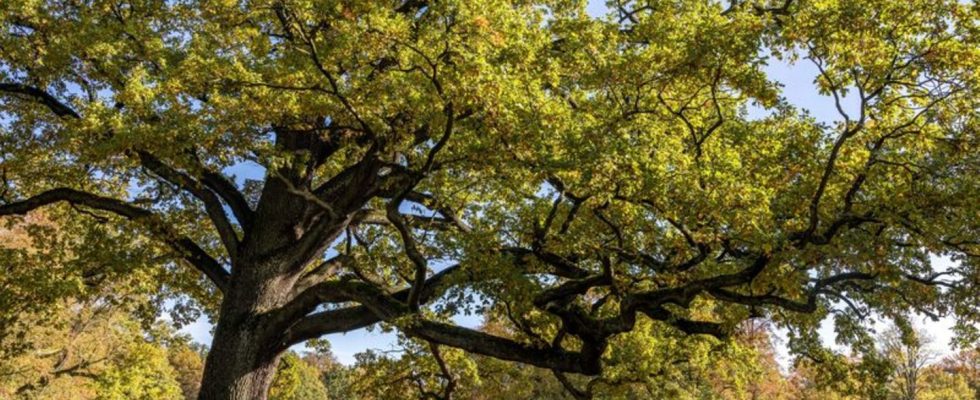Environment
Mining and Climate Change: Goldman Award for Environmentalists
Six activists have been honored for their fight against environmental destruction. photo
© Frank Hammerschmidt/dpa
This year’s renowned Goldman Prize goes to conservationists from the USA, Turkey, Brazil, Zambia, Finland and Indonesia.
Six activists from as many countries have been awarded the prestigious Goldman Prize for their fight against environmental destruction. The $150,000 award was presented to conservationists from the United States, Turkey, Brazil, Zambia, Finland and Indonesia at a ceremony Monday night in San Francisco. The activists campaign against water pollution, monocultures and overfishing.
The Goldman Prize is awarded to six activists from different regions of the world each year. Previous laureates include Brazilian Environment Minister Marina Silva and Colombian Vice President Francia Márquez.
This time, among others, Zafer Kizilkaya was honored for his work against overfishing off the Turkish coast. Together with local fishing cooperatives and the authorities, he expanded the marine protection areas in the Mediterranean and developed a strategy to reduce the invasive lionfish population. “The protection of the oceans is crucial for the future of the planet,” said Kizilkaya at the award ceremony.
“Forests and Rivers Sacred Sites”
The Brazilian Alessandra Korap Munduruku organized the resistance against mining projects of the British company Anglo American in the Amazon rainforest. The group then blew off 27 already approved exploration projects in indigenous areas. The Brazilian mining company Vale later agreed not to conduct test digs on the land of the indigenous communities. “We will not stop fighting for our homeland,” Munduruku said. “For us, our forests and rivers are sacred places.”
Chilekwa Mumba campaigned against water pollution from a copper mine in Zambia. After years of legal proceedings, the mining company Vedanta Resources had to compensate around 2,000 villagers as a result of a decision by the Supreme Court in London. It was the first time a UK company had been held responsible for environmental damage caused by an overseas subsidiary.
Peat, rainforests and plastic
Tero Mustonen fights against the industrial mining and burning of peat in Finland. Through an initiative he initiated, peat soils were restored on around 350 square kilometers. According to the environmental organization IUCN, peat is the most important natural CO2 store on land. About a third of the surface of Finland consists of peat soil.
Indonesian activist Delima Silalahi works to protect the rainforests in Sumatra. After a year-long campaign, the government gave the indigenous communities land rights to around 70 square kilometers of rainforest in their traditional settlement areas. Previously, paper companies in the region had grown eucalyptus trees in monoculture.
Diane Wilson has sued the chemical company Formosa Plastics in the United States for polluting the Gulf of Mexico with plastic waste. She achieved the largest settlement of $50 million in a citizen-vs-company lawsuit in US water pollution law history. The company has been committed to no longer dumping plastic waste into the sea and to remedying the environmental damage already caused in the coastal region.

